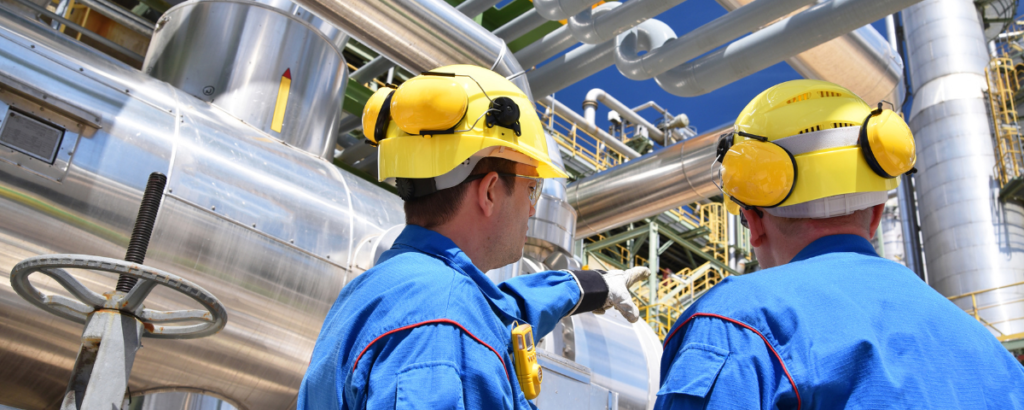
Innovative Materials in Food Processing Machinery: How Steel and Components Contribute to Sustainability
The food industry is in a transformation phase, with the aim of combining production efficiency and sustainability. In this context, steel and other innovative materials are playing a key role. They not only offer superior performance, but also reduce the environmental impact of food machinery. This article explores the importance of steel and material innovations in an ever-changing industry.
The Role of Steel in the Food Industry
Steel is one of the most widely used materials in the food industry due to its unique characteristics: strength, durability and ease of cleaning. In particular, stainless steel is the ideal choice for machinery and equipment in direct contact with food, such as conveyor belts, tanks and mixing systems.
Why is steel essential?
- Corrosion resistance: essential for working in wet environments or in contact with chemicals.
- Ease of sterilisation: ensures high standards of hygiene, essential in food production.
- Longevity: reduces the need for frequent replacement, contributing to lower resource consumption.
Steel, particularly in its most advanced alloys, is the backbone of modern food machinery.
Innovative Materials: The New Frontier of Innovation
Besides steel, other innovative materials are gaining popularity. From advanced coatings to light alloys, innovation is transforming the way food machinery is designed.
- Special coatings and treatments: Non-stick and antibacterial coatings, often applied to steel components, improve food safety and reduce production waste. These treatments make surfaces less prone to contamination, supporting more sustainable production.
- High-performance polymers: While steel remains dominant, polymers are finding their way into secondary components due to their light weight and chemical resistance. However, their use must be carefully evaluated to ensure sustainability and durability.
The Impact of Materials on the Environment
Sustainability is a priority for the food industry, and innovative materials such as steel play a key role.
- Reducing environmental impact: steel is 100% recyclable, making it an environmentally friendly choice. After the life cycle of a machine, the material can be reused to create new products, reducing industrial waste.
- Energy efficiency: Thanks to its durability and advanced mechanical properties, steel reduces the need for maintenance and replacement. This contributes to a lower carbon footprint associated with the production of new machinery.
- Support for the circular economy: The use of recycled or easily recyclable materials, such as steel, promotes a circular economy model, where nothing is wasted and every resource finds a new life.
Steel and Technological Innovation in Food Machinery
Technological innovation has made it possible to develop steels with customised characteristics to meet the specific needs of the food industry. Among these, heat- and chemical-resistant alloys are widely used in pasteurisation, sterilisation and packaging processes.
- Advanced steels for sustainability: low-carbon steels represent an important step towards sustainability. These materials combine excellent performance with a more environmentally friendly production process.
- Collaboration between materials and technologies: The combination of steel and advanced sensors enables the creation of state-of-the-art machinery in line with Industry 4.0 principles, improving production efficiency and reducing waste.
Future Challenges and Opportunities for Steel in the Food Industry
Despite progress, there are still challenges ahead.
The industry must continue to invest in research to develop steels that are even more sustainable and compatible with food processes.
- Innovation and collaboration: Collaboration between materials companies and food processors will be crucial to create tailor-made solutions. The adoption of global standards for the sustainability of materials is another key step for the future.
- Education and awareness-raising: Promoting greater awareness of the importance of materials, such as steel, can help companies make more responsible choices, both economically and environmentally.
The Future of Food Machinery Starts with Steel
Steel continues to prove an indispensable ally for the food industry, offering innovative and sustainable solutions. Its unique properties, combined with new technologies and materials, are transforming the way machinery is designed and used.
If you want to learn more about innovative materials and how technologies are changing the food industry, visit our blog and keep following us for up-to-date and professional content.



